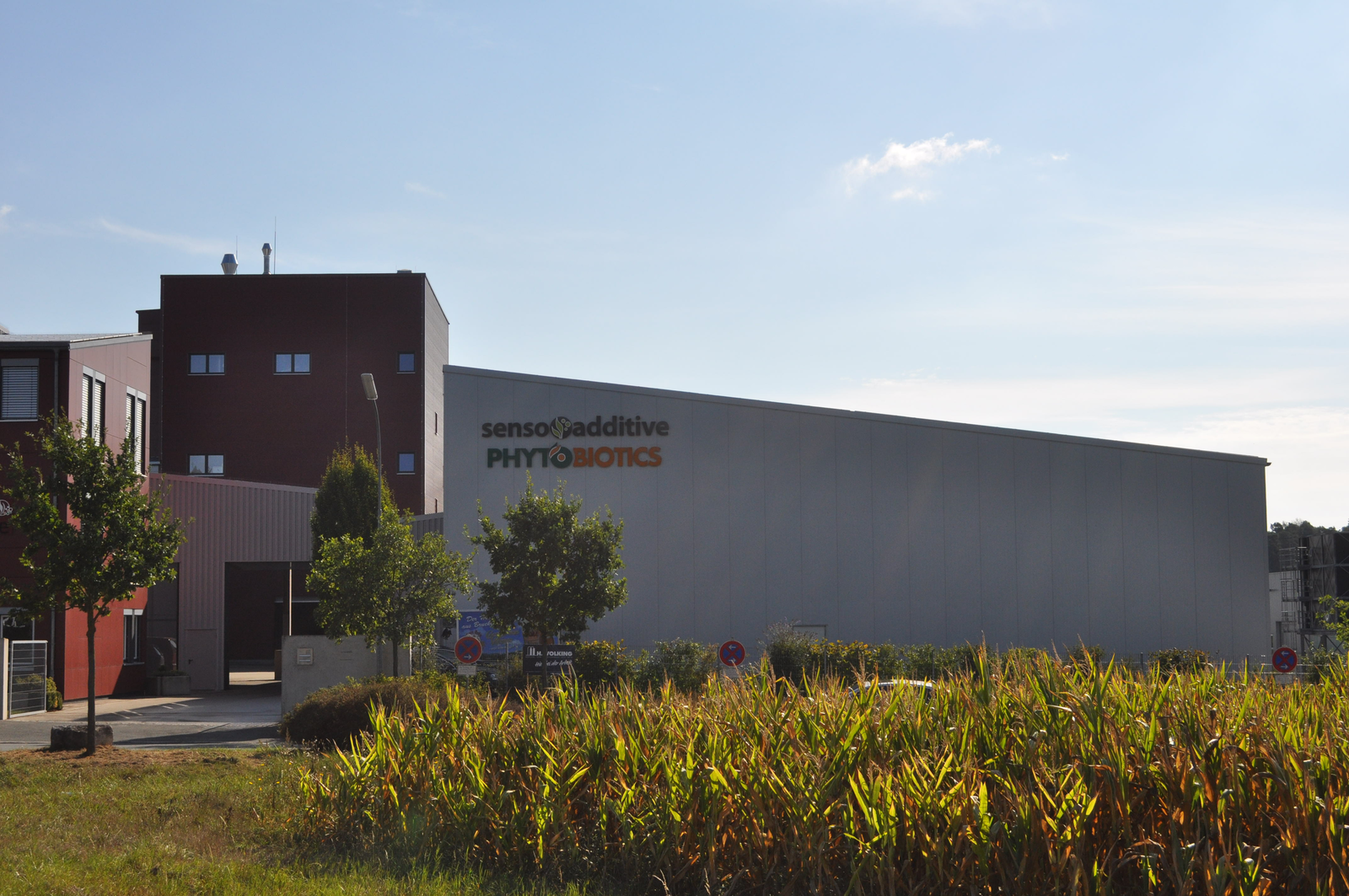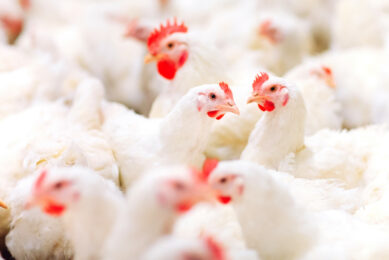Phytobiotics steps up production with new facility

Feed additive company Phytobiotics recently opened its new and advanced production facility in Neuendettelsau, Bavaria, Germany. The new facility has a capacity of up to 8,000 tons of feed additives per year.
Phytobiotics is producer of plant based feed additives, flavors, organically bound trace elements and products for biogas plants. Its sister company Senso Additive produces most of the products, which are distributed to over 70 countries. To satisfy a growing number of customers, the production facility in Germany has been extended since the beginning of 2015 and equipped with new machines and a highly modern control unit. This enable the company to produce up to 8,000 tons of feed additives in 3-shift operation per year.
Bed drying
The highlight of the new production facility is a 10m long fluidized bed dryer. With the new centralised control system a fully automatic production process is possible, beginning with grinding, coarse and micro dosing over mixing and moist granulation to fluidized bed drying and packaging. Through the new machinery, innovative and rarely used techniques in the production of granulated feed additives become possible. Also granulates can be coated with substances, which enable a more targeted and efficient release of the ingredients within the digestive tract. This represents an important factor in a sustainable use of feed additives and in the protection of resources and the environment. “The original production facility, which had been built in 2005, had reached its capacity limits. Because of growing market competition and new product ideas, we decided to invest in an extension of building and machinery”, explains Dr. Hermann Roth, CEO of Phytobiotics. During a 2-year planning period the new production site was planned and the machinery was tested in the technical centers of the suppliers. Finally, the company Wolking GmbH & Co. KG was assigned with the detailed planning and installation of the new production facility.
Production of white mixes
Beside the possible maximum production of 8,000 tons per year in the new production facility, the company can produce up to 1,000 tons per year of so called white mixes, e.g. flavors and sweetening mixes in the old facility. Roth: “Our products can be sorted by color (brown/white) and by diversion, so that we are always able to fulfill the requirements of the lawmaking authority concerning the prevention of diversion. In addition, with the new “end-of-line” mixing unit, we are able to coat products or complete them with further additives depending on specific customer needs.”
Growing feed additive market
According to experts, the market for feed additives will globally grow in double digit numbers. This is partly due to the ban of antibiotics as growth enhancers in many countries. Taking into account this development, Dr. Roth is confident, the investment will reach its amortization in only a few years.











